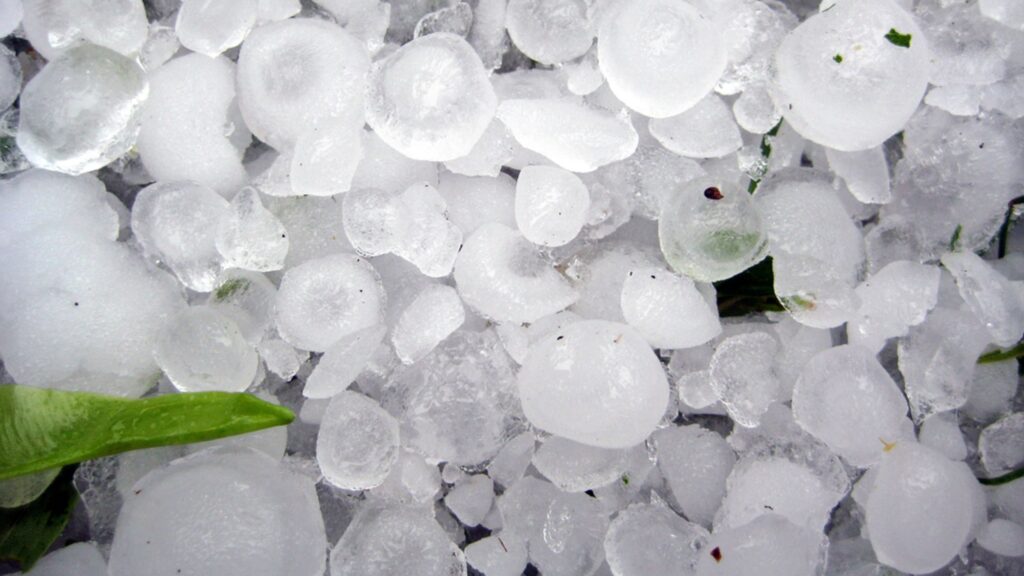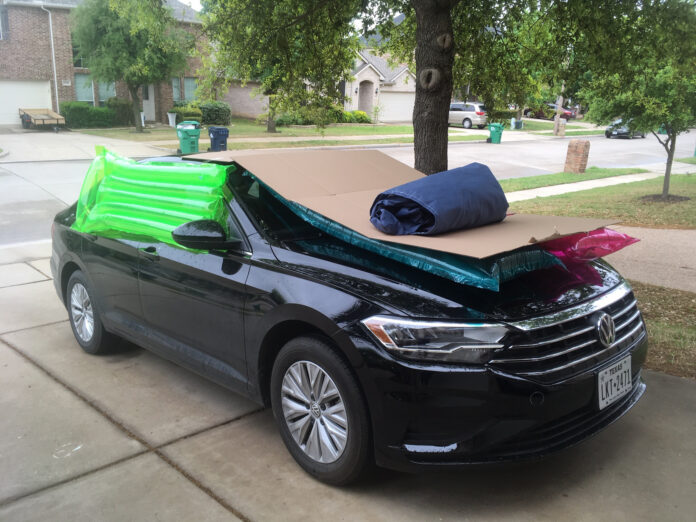While Florida was one of the few states without snow this past week, we did see some hail. February to July are the most active months in the southeast region for hailstorms.
The National Oceanic and Atmospheric Administration (NOAA) explains, hailstones are formed when raindrops are carried into updrafts of cold zones of the atmosphere and freeze.
“Hail damage is among the top homeowners insurance claims annually,” says Dustyn Shroff, Vice President of GreatFlorida Insurance. Hail-related insured losses between 2000 and 2019 averaged between $8 billion to $14 billion a year, according to Aon.

Typical hail damage includes damage to the roof, siding, windows, and additional structures such as your deck. If you suspect your home has suffered damage from a hailstorm, contact your insurance agent right away. Be sure to record the date of the storm and take photos for your records.
When checking around your home for damage look for the following:
- Dents in gutters or outside vents
- Chipped or cracked windows or skylights
- Damage appearing on one side of your roof
- Dark spots appearing on singles in a random pattern
While some damage is easy to spot, you may not always be able to see the damage hail has done to your roof. We recommend you let a professional go up on the roof the inspect for damage. An insurance adjuster can tell the difference between hail damage and normal wear and tear.
Homeowners insurance covers hail damage. In Florida, we have mandatory hurricane deductibles, which also cover hail damage. However homeowners insurance does not cover hail damage to your car.
“ For coverage to protect your vehicle, you need comprehensive insurance, added to your current auto insurance policy,” says Buck with GreatFlorida Insurance.
Not only will comprehensive car insurance cover the dings, dents and broken windows from hail damage, it also covers damage caused by severe weather. Additional damage covered by comprehensive car insurance includes fire, flood, vandalism, theft and falling objects such as tree branches.
If you have questions about what your auto insurance or homeowners insurance covers or should cover, contact GreatFlorida Insurance today.




